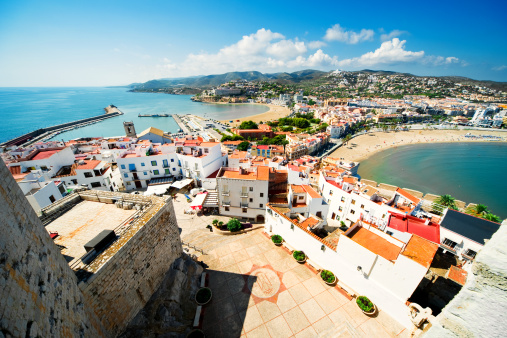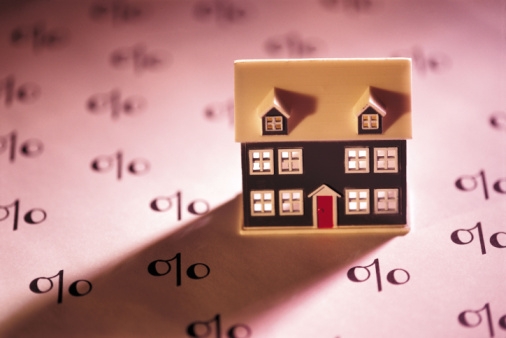Spain accounted for 44 per cent of enquiries received by Conti, the overseas mortgage specialist, in May alone, overtaking France for the first time in a year, which stood at 37 per cent for the month.
With banks such as UBS predicting that Spanish property prices have another eight per cent to go before bottoming out, buyers are taking the opportunity to snap up bargains from some very motivated vendors. It also helps that Spain offers cheap and easy access from the UK, good rental opportunities and much better weather than the UK.
 According to data from the General Council of Notaries, the number of foreign and non-resident buyers of Spanish property increased by 28.4 per last year, compared with 2011, and the British are the biggest buying group.
According to data from the General Council of Notaries, the number of foreign and non-resident buyers of Spanish property increased by 28.4 per last year, compared with 2011, and the British are the biggest buying group.
Efforts being made by regional estate agents and tourism boards to improve Spain’s tarnished image are leading to high hopes that increased foreign investment will eventually help to revive the country’s property market. The market should also be bolstered when a new law granting automatic residency to non-EU nationals buying property worth at least €500,000 is passed.
Clare Nessling, Director at Conti, says: “There’s no denying that the country’s financial and economic woes have left a huge glut of new and repossessed properties sitting empty and struggling to sell, but some bargain basement prices are turning heads, particularly those of the British, and there may never be a better time to buy a Spanish home.
“Mortgage availability, unsurprisingly, isn’t as good as it was a few years ago, but there are still lots of opportunities, especially if you have a healthy deposit to put down. It’s generally possible to borrow up to around 65-70 per cent of the value of the property, and rates currently start from just 3.2 per cent.”
Conti says it’s essential for buyers to seek the right advice and to go through the same process that they would follow if they were buying a property in the UK.
Conti’s five top tips for buying in Spain
Obtain an Approval in Principle
This will confirm that you can obtain the necessary funds before signing any dotted line and prove to sellers that you’re a serious buyer.
Consider exchange rate fluctuations
It’s generally recommended that an overseas mortgage and the income used to service the mortgage repayments are in the same currency, thus avoiding exchange rate issues.
New build properties
If buying from a developer, check their track record and how long they’ve been trading. Obtain references from previous buyers and check comparable properties in the area and any re-sales offered on the same development.
Factor in additional costs
Bear in mind that bills don’t end at the asking price. Lawyer’s fees, local and national taxes, insurance, and so on, can often add at least a further 10 per cent to the cost of your acquisition.
Seek professional advice
Take independent advice from an English-speaking lawyer who is not connected to your seller, estate agent or property developer.




